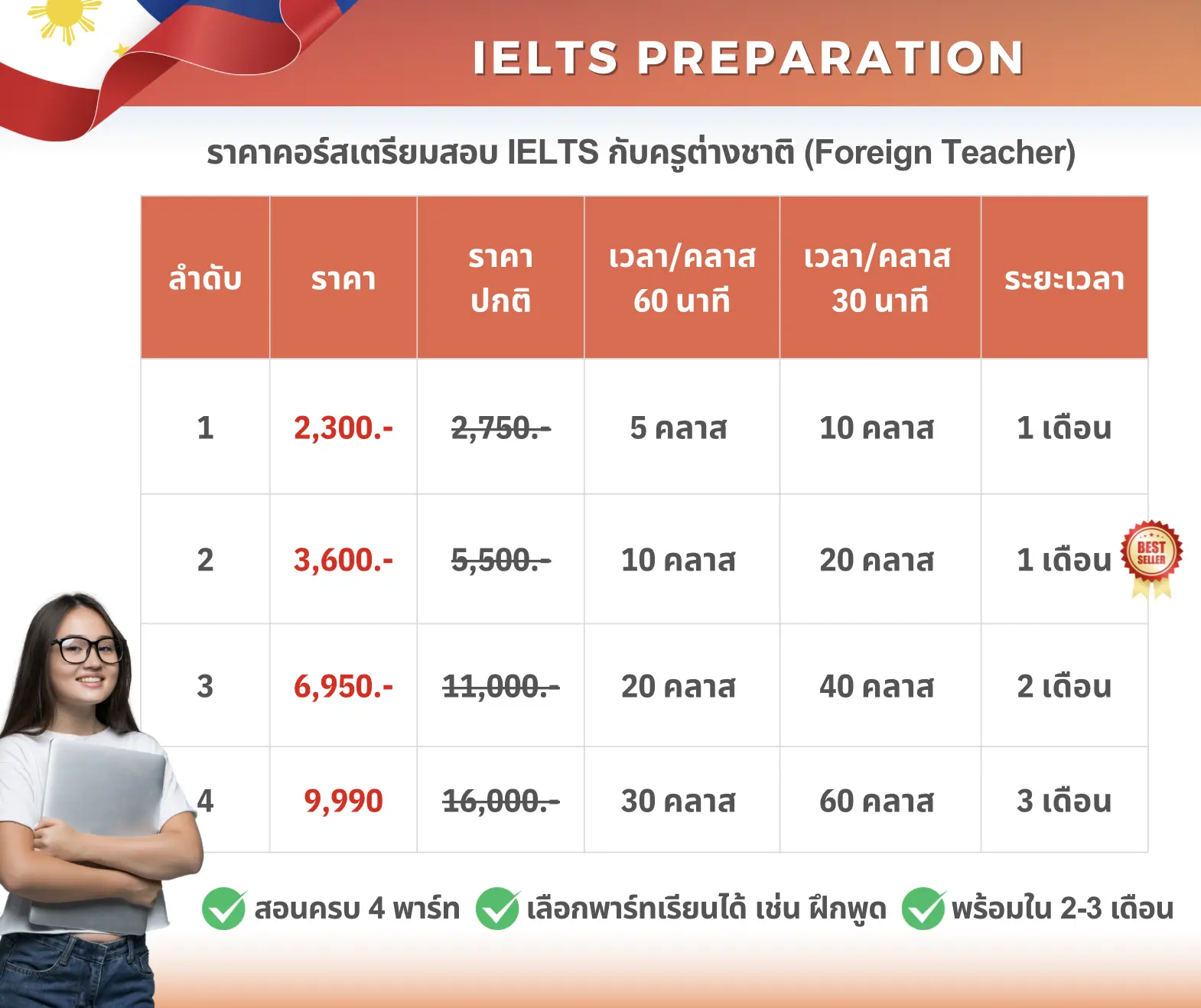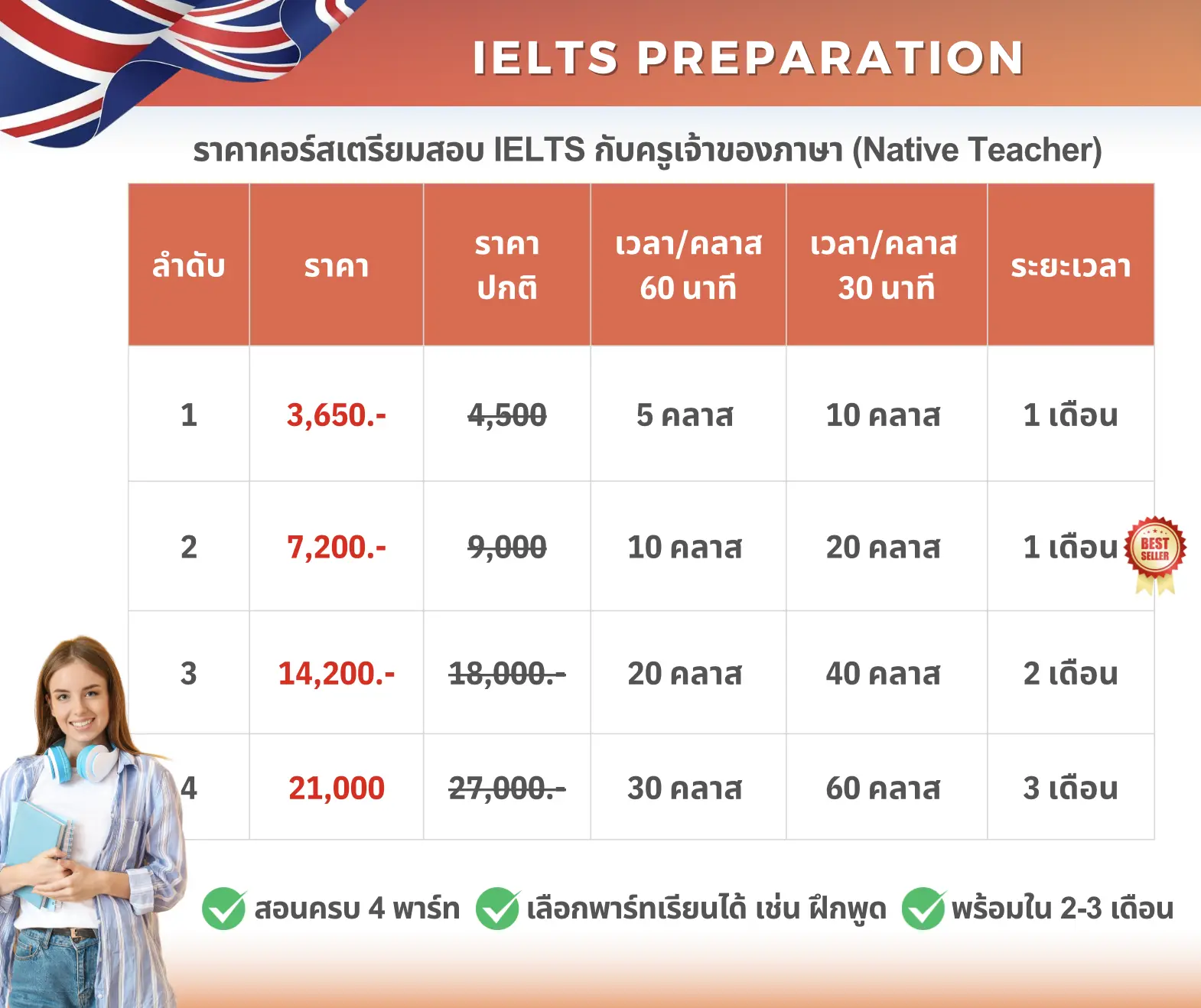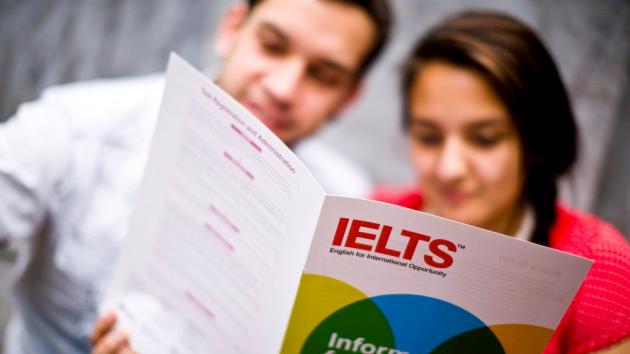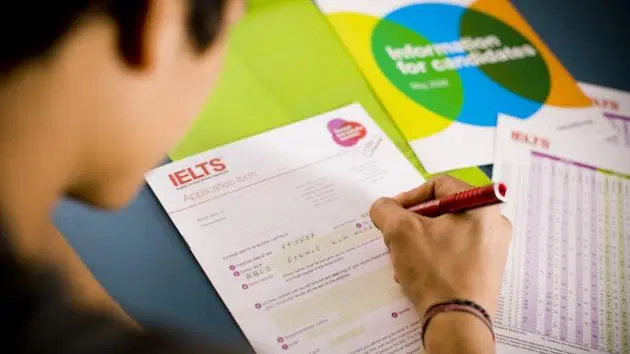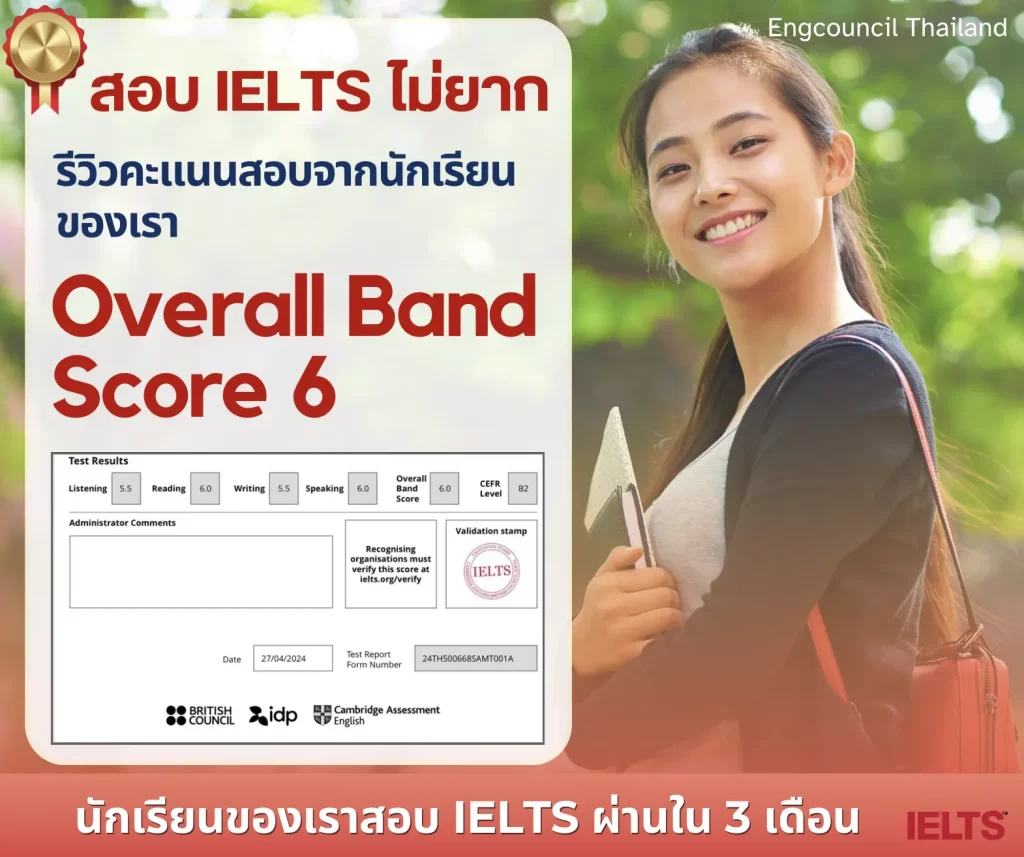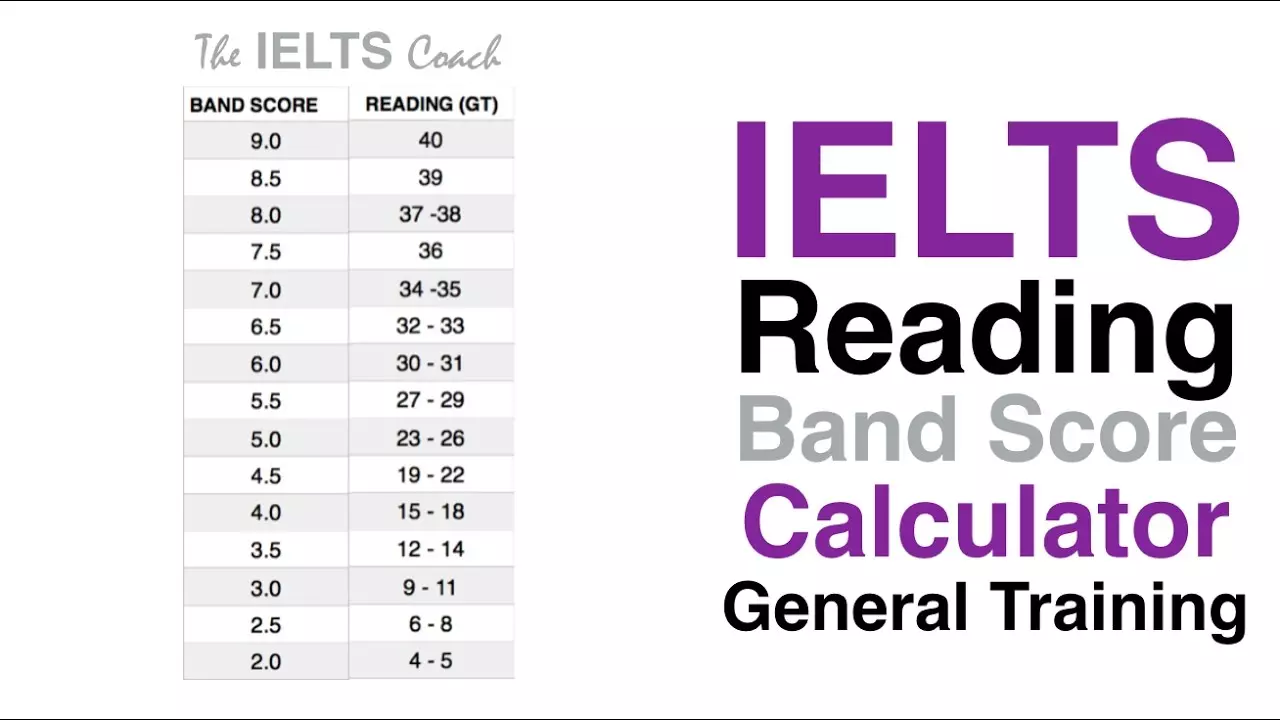IELTS 40 Hours for Intermediate to Advanced
1.Listening skills – 10 hours
1.Getting ready to listen
- Understanding the context
- Using the correct spelling
- Writing numbers
2.Following a conversation
- Identifying the speakers
- Identifying function
- Understanding categories
3.Recognising paraphrase
- Identifying distractors
- Recognising paraphrase
- Selecting from a list
4.Places and directions
- Describing a place
- Following directions
- Labelling a map
5. Listening for actions and processes
- Understanding mechanical parts
- Describing an action or process
- Describing a process
6. Attitude and opinion
- Identifying attitudes and opinions
- Persuading and suggesting
- Reaching a decision
7. Following a lecture or talk
- Identifying main ideas
- Understanding how ideas are connected
- Understanding an explanation
8. Contrasting ideas
- Signposting words
- Comparing and contrasting ideas
- Using notes to follow a talk
2.Reading skills – 10 hours
1. Reading strategies
- Using the features of a Reading passage
- Skimming a passage and speed reading
- Global understanding
2. Descriptive passages
- Scanning for detail
- Using words from the passage
- Notes/flow-chart/diagram completion
3. Understanding the main ideas
- Identifying the main idea
- Understanding the main points
- Identifying information in a passage
4. Locating and matching information
- Identifying types of information
- Locating and matching information
- How ideas are connected
5. Discursive passages
- Discursive passages
- Identifying theories and opinions
- Matching features
6. Multiple-choice questions
- Understanding longer pieces of text
- Different types of multiple choice
- Identifying a writer’s purpose
7. Opinions and attitudes
- Argumentative texts
- Identifying the writer’s views/claims
- Identifying grammatical features
8. General Training Reading
- The General Training Reading paper
- Dealing with multiple texts
- Understanding work-related texts
3.Writing skills – 10 hours
1. Academic Writing Task I – Describing a chart, table or graph
- Understanding graphs, tables and charts
- More complex charts
- Improving your Task Achievement score
2. Academic Writing Task 1 – Comparing and contrasting graphs andtables
- Avoiding repetition
- Comparing and contrasting data
- Grammatical Accuracy – describing numbers and figures accurately
3. Academic Writing Task 1 – Describing diagrams
- Understanding a diagram
- Describing a process – coherence and cohesion
- Lexical Resource – being accurate
4. Academic Writing Task I Describing maps
- Describing a map
- Describing changes in a place
- Grammatical Accuracy
5. General Training Writing Task 1 – A letter
- Understanding the task
- Improving your score
- Checking and correcting
6.Writing Task 2 – Getting ready to write
- Understanding the task
- Planning and organising your ideas
- Getting started – writing an introduction
7. Writing Task 2 – Expressing your ideas clearly
- Linking ideas – cohesion
- Lexical Resource – avoiding repetition
- Expressing a personal view
8. Writing Task 2 – Checking and correcting
- Developing your ideas clearly
- Grammatical Accuracy
- Assessing your language
4.Speaking skills – 10 hours
1. The Speaking Test – Part I
- Getting ready to speak
- Part 1 -talking about familiar topics
- Using the right tense – Grammatical Range and Accuracy
2. Part 2 – Giving a talk
- Understanding the task
- Improving Fluency and Coherence
- Organising your notes and your talk
3. Part 3 – Talking about abstract topics
- Talking about abstract topics
- Agreeing and disagreeing
- Improving your Lexical Resource score
4. Checking, correcting and assessing
- Dealing with problems
- Pronunciation, intonation and ‘chunking’
- Assessing yourself and improving your score






